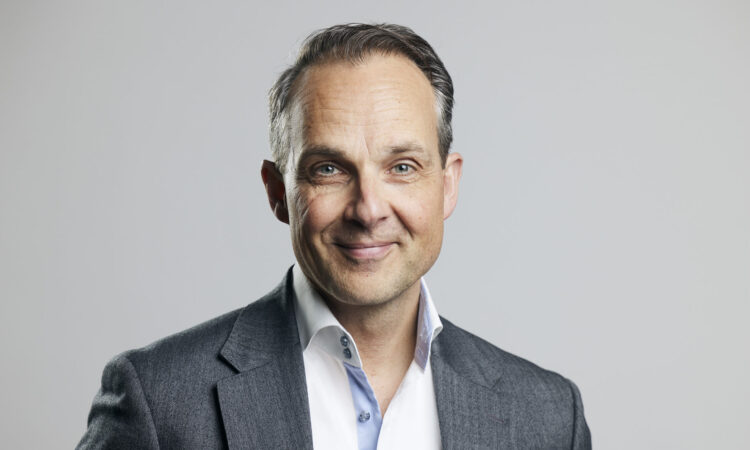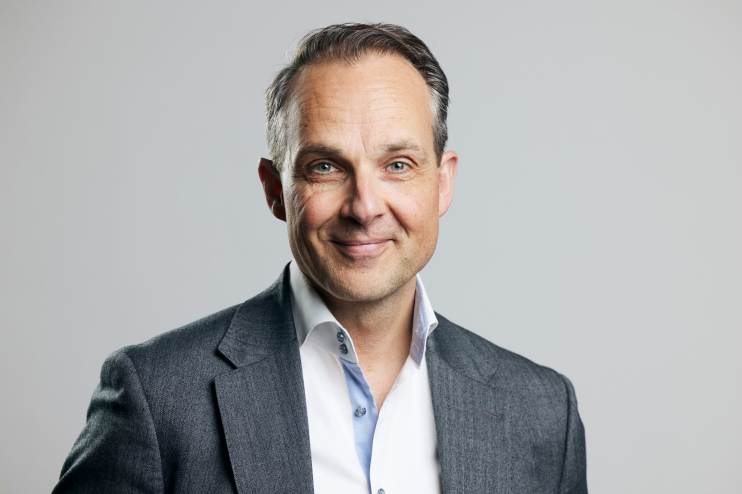

The weight of keeping British businesses up and running is a heavy one according to the boss of BT’s business unit, who said the responsibility is “enormous”.
Speaking to City A.M., Bas Burger said he feels responsible for the success of UK businesses as the telecoms firm builds out its fibre broadband/5G strategy
He said: “[BT is] instrumental in the performance of the UK economy because we build the foundation on which all companies build their future and I feel personally responsible for that.”
It is especially important as demand for bandwidth explodes amid the increasing use of IoT services and artificial intelligence (AI) and as cybersecurity becomes more important.
“The responsibility we have as BT and for me leading BT… is enormous and the challenges are to make sure that you constantly balance speed, performance, reliability and long-term focus,” Burger added.
Burger took the helm of BT’s business unit, which was established last Spring, merging the telecoms giant’s global and enterprise wings into a single organisation, focusing on B2B relations.
Analysts have called the segment a “problem child” for BT as it has underperformed so far. In the company’s recent trading update, it said BT Business has been hit by higher costs, legacy declines and one-off expenses in the previous year.
But Burger has a new strategy for BT Business, which is to turn off the old and scale the new. The company aims to have switched off the traditional telephone network by 2025 as it shifts to digital and focuses on building 5G networks across the nation.
We said we need to rip off the plaster and it’s going to hurt a little bit in the short run but it’s going to benefit us in the long run.
Bas Burger
This strategy was received well by customers and partners when it was launched in September last year, according to Burger, but it did little to persuade investors.
“Obviously the City is going to say: ‘I need to see it before I believe it’- and that’s fine,” said Burger.
BT shares have tumbled nearly 23 per cent over the past year as investors fret over an ailing telecoms industry; Britain’s largest provider of broadband services is not alone in its weak stock price.
“We said we need to rip off the plaster and it’s going to hurt a little bit in the short run but it’s going to benefit us in the long run,” he added.
The Dutch telecom veteran reckons the country needs to do a” lot more” in that approach. “We need to make sure we accelerate some of this innovation and not sit on the old and on the new and then debate it forever.”
He is also bullish on generative artificial intelligence (AI), which he believes is “extremely important” for the UK to be leading in. BT is currently piloting generative AI solutions in operational areas such as its contact centre.






